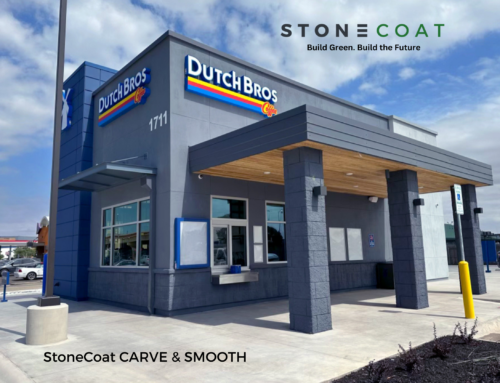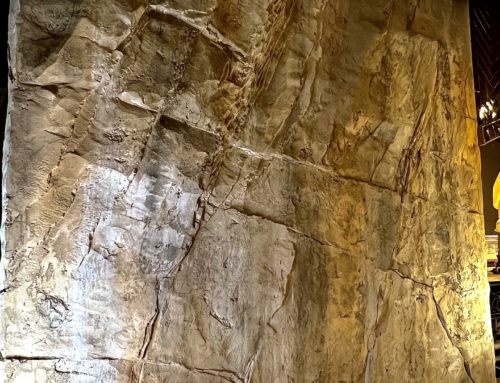Greenwashing is all too prevalent in a world where there are so many tailwinds behind climate action. Be vigilant and informed when looking to work or invest in companies making sustainability claims. Many companies greenwash their products to appeal to environmentally conscious customers, but these products may not actually be beneficial to the environment. This is deceptive marketing. It is important to know how products are impacting our environment, but it is not always that easy.
Greenwashing can take many forms: like making vague or misleading claims about a product’s environmental impact; using eco-friendly buzzwords without providing any supporting information; or using environmental logos or certifications without meeting the necessary standards. Have you heard something like this? “Well we have changed some of our employee polices and we swapped the Styrofoam cups out for mugs in the pantry, so now we have a zero-carbon footprint.”
Greenwashing, if not investigated, can mislead consumers and discourage them from supporting truly sustainable products or companies. By having a false sense of security, customers may think that they are doing something good for the environment by buying a greenwashed product, when in reality, they are not.
There are several steps you can take to detect greenwashing and make more informed choices about the products and companies you support:
First, look for third-party certifications EPDs (Environmental Product Declarations). These may be difficult to obtain, but critical for knowing how the product stands up as sustainable. For example, if you did a cradle to grave analysis on an electric vehicle, how would it rate? I would guess, not so good – most if any don’t have an EPD. An analysis would account for everything needed to make an EV – the plastics, sheet metal, batteries, their disposal, and energy usage across the life of the EV and its energy sources. I believe these EVs are not much better than most gas vehicles. In the green building world you can find out about products by contacting LEED (Leadership in Energy and Environmental Design) and the Forest Stewardship Council (FSC). They can give you reliable information ensuring that a product or company is genuinely sustainable in the building world.
Research the company concerning its environmental practices. Go to the website, read news articles about the company, and check for any environmental awards or recognition it has received. Many public companies how have ESG ratings that you can look up as well. Read to understand what the company is actually doing to help the environment.
Ask questions: If you have any doubts about a company’s environmental claims, don’t be afraid to ask questions. Contact the company directly or seek out independent sources of information. Reach out to the ESG or Head of Sustainability and discuss their plan and actions against that plan.
Support transparency: Look for companies that are transparent about their environmental practices and provide clear and verifiable information about the impact of their products. And lastly vote with your wallet. Support companies that are genuinely committed to sustainability by choosing to purchase their products. This sends a message to other companies that sustainability is important to consumers.
In conclusion, be vigilant and look for the signs of greenwashing. We at StoneCoat are the real deal in driving to NetZero. All of our products are EPD-certified by Intertek and produce 90 percent fewer carbon emissions over other cementitious-based stucco and stone systems. StoneCoat is an eco-friendly product designed with sustainability in mind. It is a coating for a variety of surfaces including concrete, wood, Dens-glass, and metal. StoneCoat is designed to last for years, reducing the need for frequent replacement or painting. The product is designed for energy efficiency, as in certain applications like our new StoneCoat Fusion next generation EIFS system has a high insulation value. This means it helps to keep heated or cooled spaces at a consistent temperature. StoneCoat is also highly water-resistant as well and doesn’t require frequent reapplication of sealants or treatments.
We are constantly innovating to produce affordable, low-maintenance solutions that will support the building industry in getting to NetZero and beyond. Not many products in the building industry can come close to this claim, especially in the veneer sector. We don’t support greenwashing – we are truly on a mission to better our environment. Always be sure you do your research and make informed decisions.




